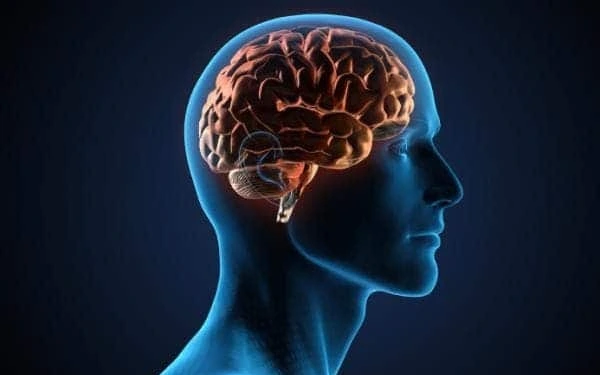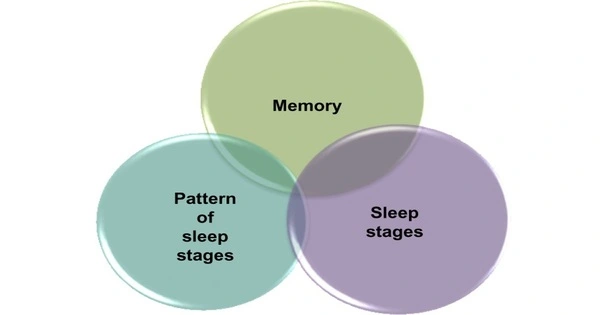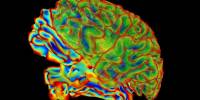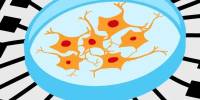Researchers at LMU, the Max Planck Institute for Human Development, and the University of Oxford studied how sleep impacts memory. They discovered a relationship between breathing and the appearance of specific brain activity patterns during sleep, which are connected with memory reactivation. The findings suggest that poor breathing may have an effect on memory.
How do memories become consolidated when asleep? In 2021, researchers led by Dr. Thomas Schreiner, head of the Emmy Noether junior research group at LMU’s Department of Psychology, demonstrated a direct link between the emergence of specific sleep-related brain activity patterns and the reactivation of memory contents during sleep.
However, it remains uncertain if these rhythms are controlled by a central pacemaker. So the researchers collaborated with scientists from the Max Planck Institute for Human Development in Berlin and the University of Oxford to re-analyze the data. Their findings suggest that respiration may be a pacemaker. “That is to say, our breathing influences how memories are consolidated during sleep,” Schreiner said.
The precision of the coupling of these sleep-related brain rhythms increases from childhood to adolescence and then declines again during aging.
Dr. Thomas Schreiner
Learning processes investigated in sleep laboratory
For their initial investigation, the researchers exhibited 120 photos to 20 study participants across two sessions. All of the photographs were linked to specific words. Following that, the individuals slept for approximately two hours in the sleep laboratory. When they woke up, they were questioned about the associations they had discovered. Their brain activity and breathing were monitored using EEG throughout the learning and sleep periods.
The researchers discovered that the sleeping brain spontaneously recovered previously learnt material in the presence of slow oscillations and sleep spindles (short periods of heightened brain activity). “The precision of the coupling of these sleep-related brain rhythms increases from childhood to adolescence and then declines again during aging,” Schreiner says.

Breathing and brain activity are linked
Because respiration frequency also changes with age, the researchers then analyzed the data in relation to the recorded breathing and were able to establish a connection between them: “Our results show that our breathing and the emergence of characteristic slow oscillation and spindle patterns are linked,” says Schreiner.
“Although other studies had already established a connection between breathing and cognition during wake, our work makes clear that respiration is also important for memory processing during sleep.”
Sleep difficulties, respiratory issues, and diminishing memory function are common among the elderly. Schreiner intends to examine further whether these phenomena are related and whether therapies, such as the use of CPAP masks, which are already used to treat sleep apnea, make cognitive sense.
















